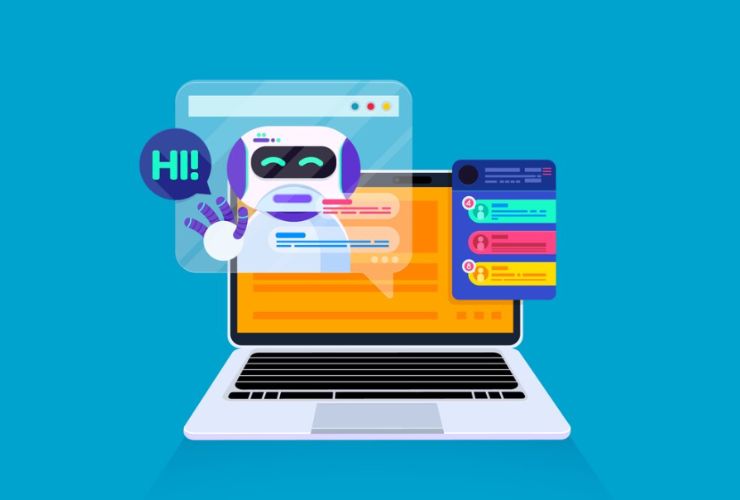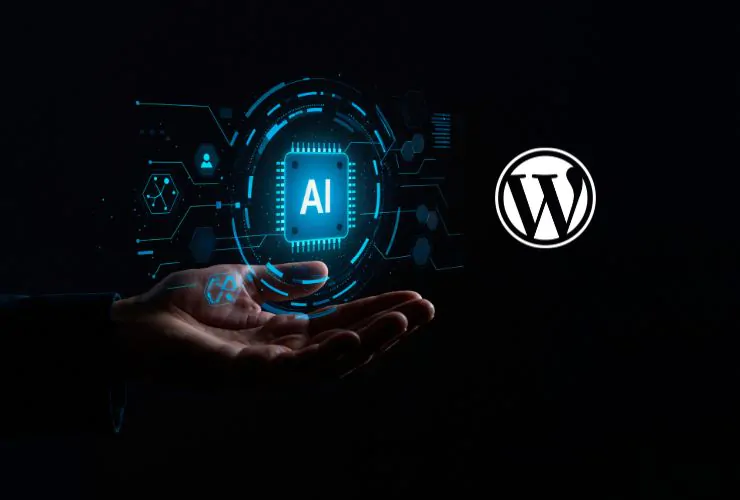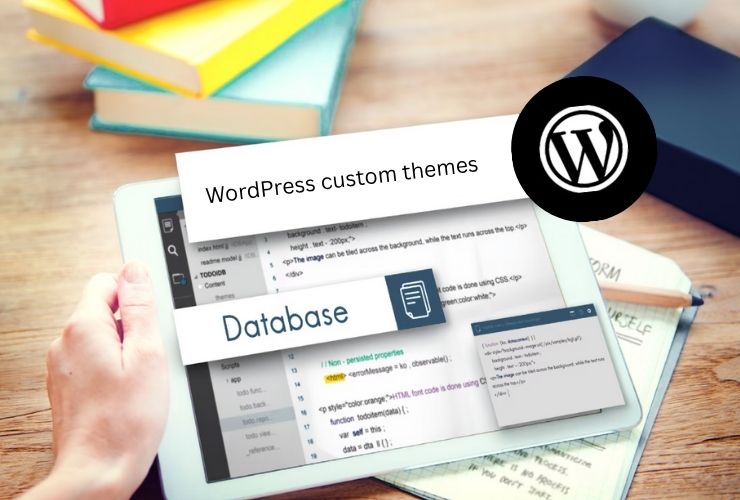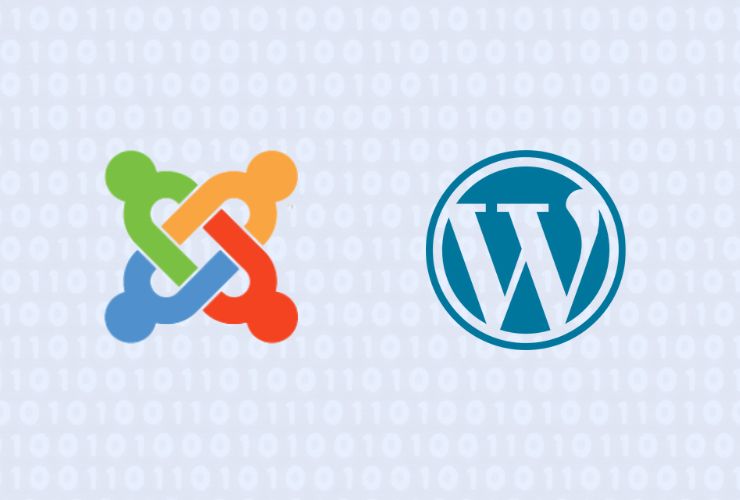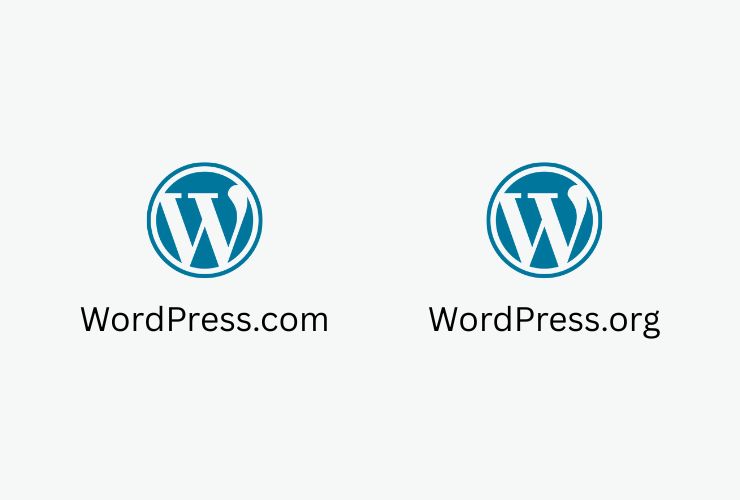In the rapidly evolving era of web design, Artificial Intelligence (AI) is causing quite an impact—especially in the WordPress crowd. What was once merely an intuitive blogging system has grown into a powerful content management system (CMS) with more than 40% market share on the web. With increasing demand for smarter, faster, and scalable sites, AI is becoming a crucial aspect of contemporary WordPress design.
Through the integration of AI technologies, developers and site owners are equipped with robust tools to automate operations, improve SEO performance, optimize user experiences, and strengthen security without losing control or creativity.
1. AI-Powered Content Creation
Perhaps the most time-consuming part of maintaining a website is creating content. Artificial intelligence programs are eating a huge chunk of that work. Programs such as ChatGPT, Jasper, and Copy.ai enable marketers and developers to compose compelling blog articles, web content, product descriptions, and social content in a matter of minutes.
These instruments not only save time but also bring consistency in tone and style. Embedded with natural language processing, they can tailor content to the brand voice and audience, and also tailor SEO best practices such as keyword density, readability, and structure.
2. Intelligent Design and Layout Enhancements
Designing a good-looking website that meets the standards of a brand’s image has traditionally required artistic skills and technical knowledge. Artificial intelligence tools are now turning this on its head by offering intelligent design suggestions based on user behavior, design trends, and business goals.
AI-powered designers such as Bookmark and 10Web leverage automation to assist customers in selecting themes, modifying layouts, aligning fonts, and selecting color palettes. Time is saved from idea to live site, so pro design is now accessible for non-designers and workflows optimized for pro developers.
3. Advanced SEO Optimization
AI is revolutionizing the process of search engine optimization of websites. Routine work and manual processing were the defining characteristics of traditional SEO. Today, with AI-driven SEO plugins such as Rank Math and Yoast SEO Premium, WordPress sites are able to avail themselves of real-time keyword recommendations, automatic generation of meta tags, content grading, and predictive insights.
These tools utilize machine learning to determine what keywords, topics, and types of content are most likely to rank highly in your market. They can also scan the competition and give you actionable tips on how to get you ranking quicker and better in search engines.
4. Personalized User Experiences
AI is also great at understanding how individuals behave and what they like. WordPress websites can now offer dynamic, personalized experiences through machine learning algorithms.
Dynamic content suggestions, product offerings, and even pricing based on a user’s browsing history, location, device, or level of engagement are all done through this. For online shops that use WooCommerce, this translates to better conversion rates, happier customers, and longer session times.
5. Intelligent Chatbots and Customer Support
Customer support 24/7 is now the standard rather than an exception. AI chatbots that are integrated into WordPress can serve this task on a scalable and efficient level. Tidio, LivePerson, and ChatBot.com are solutions that provide conversational interfaces that interact with the visitors, respond to recurrent questions, assist with orders, and even get leads.
These robots learn to be better over time, depending on past interactions, and therefore can provide wiser answers. This reduces the workload of human support staff while delivering top-quality interaction with site visitors.
6. Enhanced Security and Threat Detection
As more advanced cyber attacks become a common phenomenon, AI is employed to safeguard WordPress websites in good time. Security software based on AI continuously monitors the behavior of users, trigger alerts for variations, and act automatically to thwart attacks before it is too late.
Plugins such as MalCare and Wordfence combine AI-powered threat detection, firewall filters, malware scanning, and behavior analysis. These systems learn from global threat databases and changing attack patterns, providing websites with real-time protection that gets smarter every day.
7. Automated Image and Media Optimization
Media such as photos and videos are critical to interactive websites—but will ruin performance if not optimized adequately. AI solutions today assist with simplifying the step by optimizing images, embedding alt text tags within media, and even producing personalized graphics or visualizations as needed for content.
Plugins like Imagify, ShortPixel, and TinyPNG leverage AI to identify the right trade-off between image quality and performance, optimizing page load times and search engine rankings without requiring human intervention.
8. Smarter Development with AI Code Assistants
AI isn’t only improving front-end functionality—it’s also causing developers to write more efficient code. GitHub Copilot and Tabnine are just two of the tools that use machine learning to provide code snippets, auto-complete tactics, and syntax mistakes in real-time. These AI helpers can be integrated into mass-market development environments, reducing development time and making code more precise.
This is especially useful when building custom plugins or themes for WordPress, where AI can assist with boilerplate code, raw logic, and even database queries so that developers can focus on high-level strategy and architecture.
Conclusion
Artificial Intelligence is not longer science fiction—it already changing how WordPress sites are developed, run, and scaled. From automated content to smart design, predictive search engine optimization to smart support systems, AI provides revolutionary advantages for businesses and developers.
Instead of replacing human imagination, AI augments it—saving time, increasing productivity, and enabling better-informed decisions. As AI tools mature, their role in WordPress development will grow, setting new performance standards for personalization and user satisfaction.

